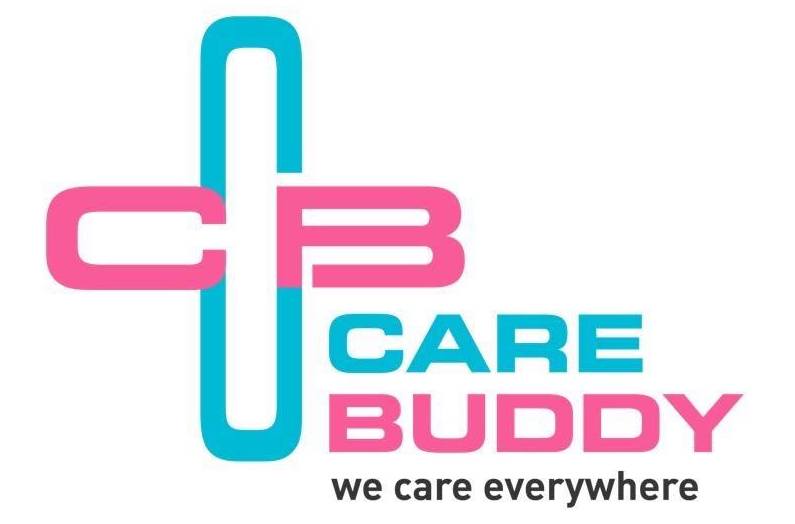- Imaging tests, like a CT scan, MRI scan, or ultrasound, allow them to ascertain inside your tract.
- Your urologist can perform a cystoscopy. This involves employing a thin scope called a cystoscope to ascertain the within of your urethra and bladder.
- They can perform a post-void residual urine test to seek out how briskly urine leaves your body during urination. It also shows what proportion of urine is left in your bladder after you urinate.
- They can examine your urine for microorganisms that cause infections using a urine sample.
Urologists also are trained to perform different types of surgery. this might include performing:
- biopsies of the bladder, kidneys, or prostate
- a cystectomy is a cancer treatment that involves removing the bladder.
- extracorporeal shock-wave lithotripsy, which involves ending kidney stones so that they can remove more easily
- a procedure to open a blockage
- a repair of injury thanks to injury
- a method for restoring urinary organs that have not formed properly
- a prostatectomy, in which all or part of the prostate is removed to treat prostatic cancer
- To treat enuresis, a sling operation is used, in which strips of mesh are used to support the urethra and maintain it closed.
- transurethral resection of the prostate, which involves removing the excess tissue from an enlarged prostate
- a transurethral needle ablation of the prostate, which involves removing the excess tissue from an enlarged prostate
- A ureteroscopy is a procedure that involves using a scope to remove stones from the kidneys and ureter.
- a vasectomy is a procedure that involves cutting and tying the ductus deferens, or the tube through which sperm travel to supply semen, to prevent pregnancy.





